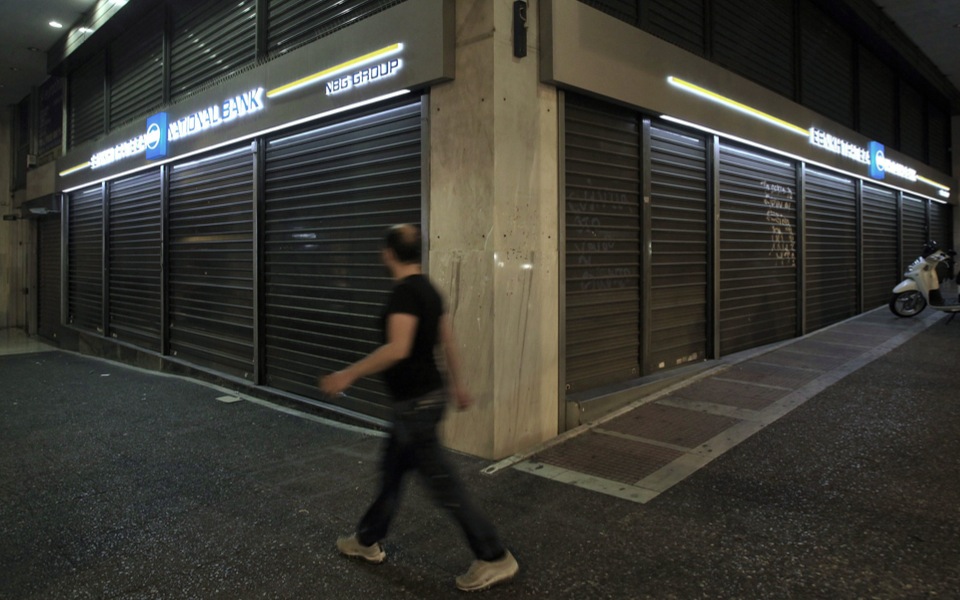Europeans insist on overcapitalization

The lack of confidence in the Greek political system and widespread concern that the country may slide backward in the coming months in the event of political instability are the reasons behind the insistence of the country’s creditors that the local banks’ recapitalization process use the entire 25 billion euros that has been set aside for this purpose.
The European authorities would prefer to see the Greek credit sector overcapitalized as this would secure the stability of the domestic banking sector for the next three years at least. Further, with a big capital boost, banks would be able to proceed to more bad loan write-offs, improving their financial figures and quickly regaining the capacity to lend for the benefit of the economy.
It is important to note that when a bank writes off a debt from its financial figures, it does not simply forget about it. The nonperforming loans removed from the banks’ portfolios are transferred to special departments the lenders have created that exhaust all legal means of debt collection.
This third recapitalization within a few years, coming just over a year from the second, is creating reliability issues, and the European authorities want to finally take care of the matter once and for all. In the case that Greece reverts to political instability, a small recapitalization would run the risk of proving insufficient and requiring an additional capital injection. Greece’s creditors intend to eliminate the chances of a new, fourth recapitalization.
The problem of the overcapitalization plan is that as a project its basis is political and not financial. To paraphrase major US investor Wilbur Ross, who took part in the Eurobank increase in spring 2014: The determination of the banks’ needs ought to be based on facts and not on opinions. The argument of bank investors and shareholders is that the developments in the Greek economy in recent months do not justify capital requirements of 25 billion euros. The last stress test, by BlackRock in March 2014, showed the capital needs of the system at 6.38 billion according to the baseline scenario and 9.4 billion according to the adverse scenario.





